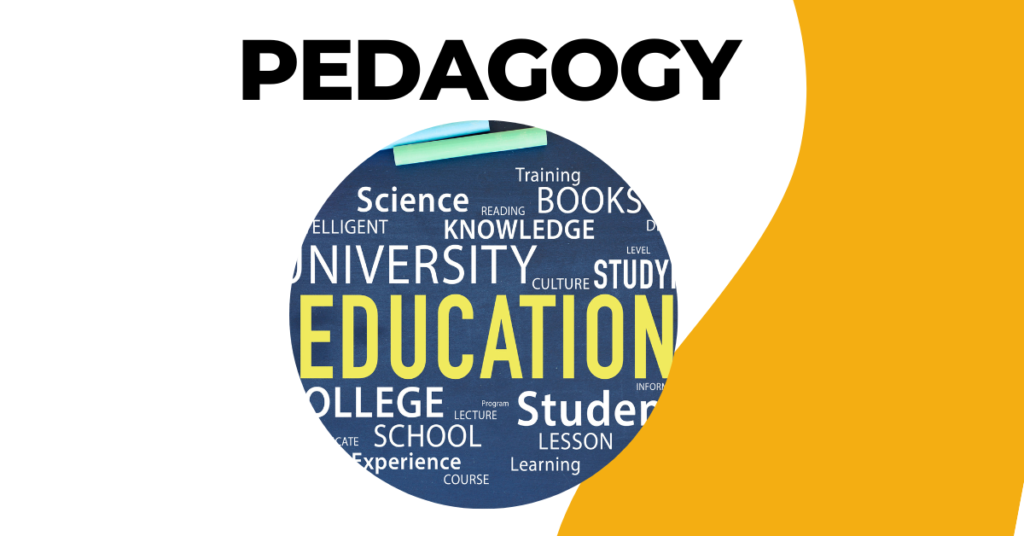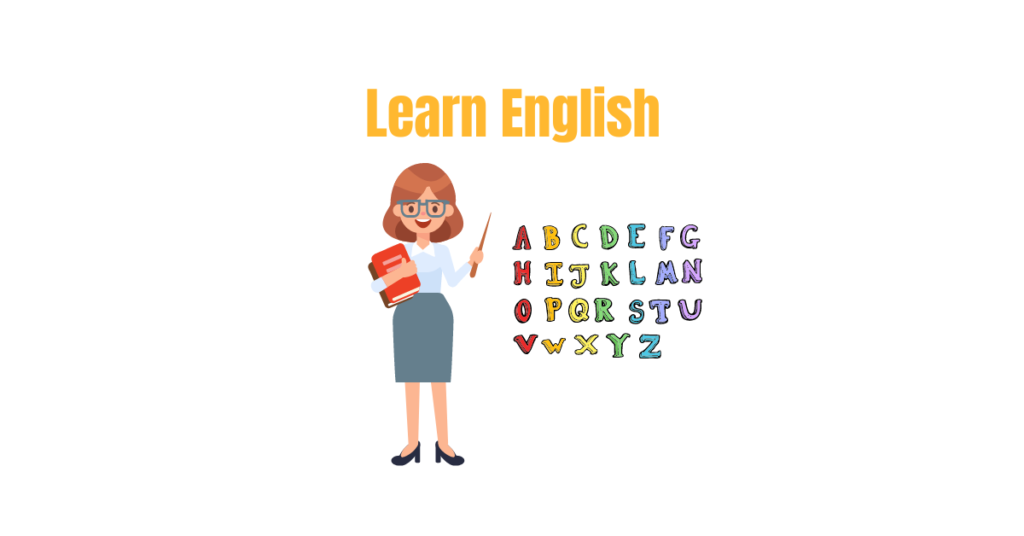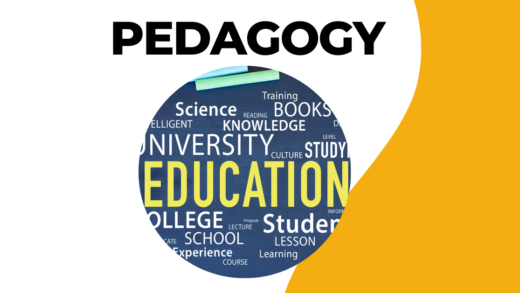
Student Agency
When I started working at the IB school, the word “student agency” was quite vague to me. Having a decade of experience working at Japanese public schools where almost everything is written in stone, I was at a loss. What is student agency and how to implement it? I observe teachers. I’ve learned the importance of implementing student agency in the classroom. Instead of the teacher deciding and finalizing things to do in the classroom, the students are given autonomy to choose their actions, and to be critical thinkers.
When we have our summative assessment which is usually a performance task, students are asked if they want to work in pairs or individually. If they want to work in pairs, they choose their own pair. On the other hand, if they want to work alone, they are given the freedom to do so as long as the student knows how to complete the given task.
At the beginning of each unit, we sometimes involve students in the assessment plan. We ask them what kind of summative assessment they want to do. Once we have a list of projects, then we discuss them in class and finalize the summative assessment. In making rubrics, we also involve students. They make the criteria and descriptors and discuss in class.
Fundraising
Last October, as a summative assessment, our Grade 4 students did a fundraising event. They sold snacks and keychains to parents, teachers, and students. After the event, the question is, “What will we do with the money?” To practice student agency, the teacher asked the students to decide where they would want the money to go. First, they surveyed to determine what the students need the most. According to the survey, students want more books and toys. The grade 4 students bought some books for the library and toys for grades 1 to 5.
Takeaway
Implementing student agency in the classroom promotes a sense of efficacy that students can apply in the real world. As a new teacher at the IB school, promoting student agency is one thing that I am still in the process of learning. Giving students the freedom to decide doesn’t mean that teachers can tolerate unwanted actions. Teachers play an important role in guiding students’ decisions. They can ask a plethora of questions to delve deeper into why students take a particular action or make a particular decision.
Latest comments
I will check it out. Thank you.
Thank you very much! I will provide more contents later.
I’ve learn some just right stuff here. Certainly worth bookmarking for revisiting. I surprise how a lot effort you put…
Kids Preschool and kindergarten Learning Games for kids & Toddlers 3-12 years old. Give a try and review your opinion…
Top ,.. I will save your website !





Excellent post, as always! I just figured out how to get a ton of traffic to content like this thanks to James Jernigans training. You should look him up